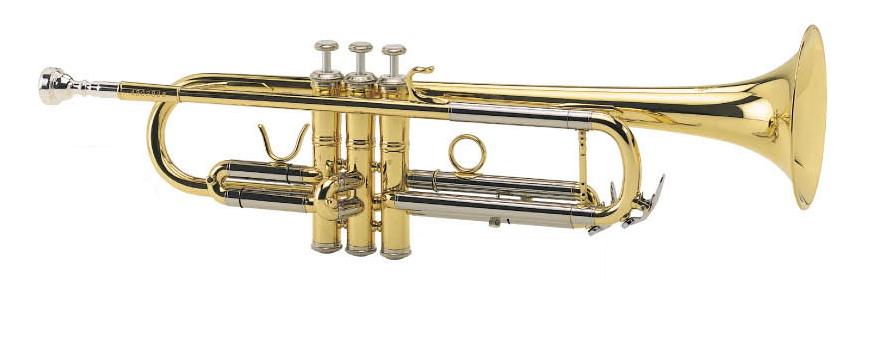Dear pupils,
Here are the details for the Music Project. Have Fun!
P6 Podcast with Garageband
Learning Objectives: The pupils will
- Formulate a plan to successfully create an audio podcast.
- Dramatize an oral reading of the news report or a short story
- Accurately calculate the timing for each page with the audio
- Utilize the technology resources needed to complete the project
Time required: 10 weeks
Phase 1: Preproduction (term 2 week 1-4)
Before even thinking of stepping up to the microphone, much planning should take place. Since podcasts are a series of episodes, you will probably want a consistent format to be used for each episode. Of course, you will need a name for your podcast. Typically, the better the planning, the better podcast you will have.
Assignment: You may decide to do either task A or task B with your partner.
Task A:
Role | You will assume the role of Young Reporter for the YOG. |
Audience | The audience is the sports enthusiastic Primary 1 pupils. They do not have the opportunity to go the venue of the competition. They depend on your live report to know the latest news for the YOG. |
Format | The format you will use is an audio podcast. Assume or pretend that you are reporting one of the competition events, for the in house radio station of SVPS. What is happening? How do you feel? Do you want to interview an audience or the professional sportsman to predict the result? What do you think about the result of the event? How can you describe these things? You will be given 3 minutes to complete the report |
Topic | The time you will use is during the one of the competition that you are interested and a speculation on what happens afterward—who is the winner of the events. |
The Writing Task: Plan a script in which you assume the role of Young Reporter for the YOG. You must decide what you see and feel on the spot, and then describe it in detail, with the appropriate jingles or music loops. Use specific references to the text. You should have at least 2 references to the organizing web content and at least 1 quotations from either the audience or the professional sportsman. Your script should use 12 point fonts Arial Narrow Date of submission: 5/4/2010 |
Task B:
Role | You will assume the role of narrator for a story. |
Audience | The audience is the Primary 1 pupils who do not like to read books. These group of children has varied difficulty in learning (eg, short attention span, lack of interest and ability to read, without home support) |
Format | The format you will use is an audio podcast. Assume or pretend that you are narrating a story from a picture book. How do you grab the listener’s attention? Do you want to include special sound effect or echoic words? What is the mood of the story? How can you describe these things? You will be given 3 minutes to complete the story. |
Topic | You will choose an interesting and suitable short story that will arouse the interest of the primary 1 pupil. |
The Writing Task: Plan a script in which you assume the role of a narrator of the story. You must decide and choose the suitable story, with the appropriate jingles or music loops. Your script should use 12 point fonts Arial Narrow. Date of submission: 5/4/2010 |
Scripting Tips
- Identify the podcast and episode right away.
- Grab the listeners’ attention in your introduction.
- How scripted will your podcast be? Will it be completely polished or will there be room for spontaneity?
- Include a clever conclusion.
- Slogans help make your podcast memorable
Developing Slogans
You want to make your podcast memorable and a slogan is a great way to do that! You can have a slogan for your entire series of podcasts. Alternatively, you may choose to have a different slogan for each episode. Here are some examples:
Our City Podcast: “Learn about places from the kids who live there.”
Radio WillowWeb: ”Radio for Kids, by Kids.”
This Week in Tech: “Netcasts you love from people you trust.”
Free Slogan Generator at slogan4u.com can provide inspiration for developing memorable catch-phrases.
(Please refer to the Podcast script sample.)
Phase 2: Recording (term 2 week 3-5)
The content of your podcast is extremely important. However, if your listeners cannot hear you speak or are distracted by background noise, few people will actually listen for your message.
You will save your audio files under “Student/ Music / Garageband”.
You will create and save in the format of “6.11 name 1 & name 2”.
Your will also listen and select jingles for your podcast introduction (try to match the mood of music to their style / theme of podcast).
Speaking Do’s and Don’ts
While in front of the microphone, there are some important basics of speaking to remember.
Do…
- Enunciate clearly.
- Speak at a normal volume.
- Practice, practice, practice!
- Reduce background noise.
- Pause recording to take short breaks.
- Smile while speaking!
Don’t…
- Talk too quickly.
- Drop off the ends of words.
- Try to sound like a radio D. J.
- Pop p’s into the microphone.
- Get too close to the microphone.
- Touch the microphone of its cord.
Phase 3: Postproduction (term 2 week 6-9)
After recording, it’s time to edit the audio and add music and sound effects. You may not have recorded the audio in order, so the first priority is to make sure all audio is arranged properly. Also, clips can be trimmed to delete any unnecessary pauses or interruptions.
Phase 4: Publishing (term 2 week 10)
Further information will be given to you.



